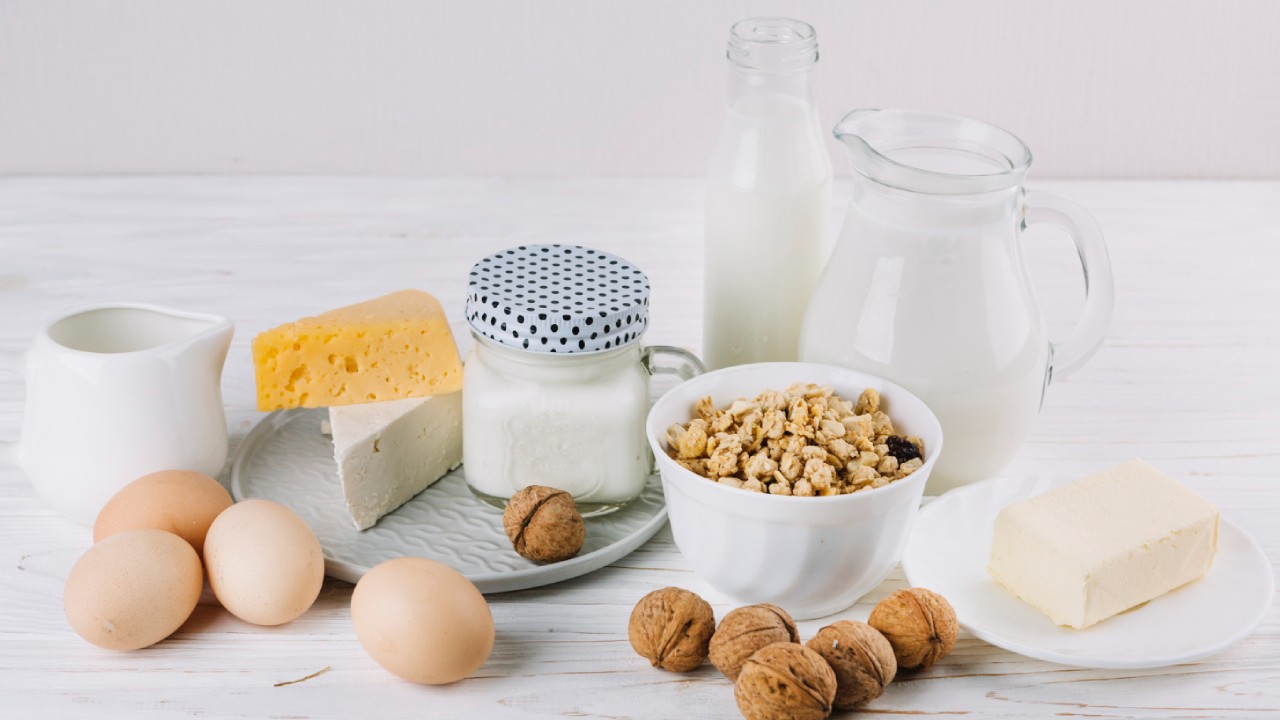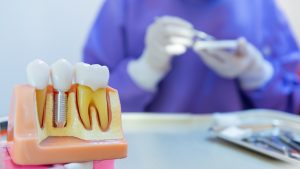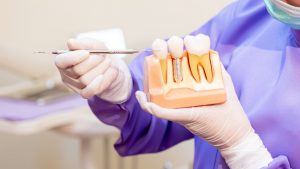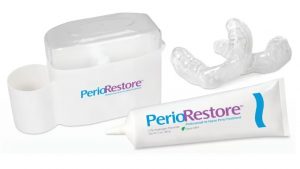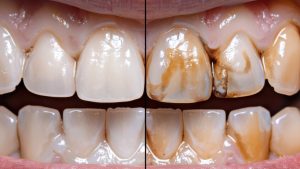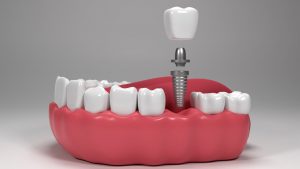After undergoing dental procedures, such as extractions, fillings, or implants, eating can become a painful and difficult task. The discomfort from swollen gums, sore teeth, or sensitive areas can make it challenging to enjoy your usual meals. If not managed properly, eating the wrong foods can slow down your healing process, cause further irritation, or even lead to complications.
The solution lies in soft foods. These foods are specifically chosen to be gentle on your mouth while providing the necessary nutrients to support your recovery. By sticking to a diet of soft foods, you can minimize discomfort, promote faster healing, and prevent any unnecessary strain on your mouth. In this article, we’ll guide you through the best soft food options and share tips to ensure your recovery is as smooth as possible.
Types of Soft Foods to Consider
Below, we cover a list of soft food options that can help you heal comfortably and quickly.
1. Dairy Products
Dairy products are soothing and provide essential nutrients to support your recovery. Here are some great options:
Yogurt:
Yogurt offers a smooth and creamy texture that’s gentle on your mouth. It’s packed with protein, which aids in tissue repair and healing. The probiotics in yogurt also promote a healthy gut and boost your immune system. Choose plain yogurt to avoid added sugars that could irritate your mouth.
Cottage Cheese:
Cottage cheese is easy to digest and rich in nutrients like calcium which supports bone health and tissue regeneration. Its mild flavor and soft texture make it ideal for a post-procedure diet. You can enjoy it on its own or mix it with mashed fruits like bananas or applesauce for added taste and nutrition.
Pudding or Custard:
Pudding and custard are soft, creamy, and comforting options that are easy to eat after dental procedures. They’re gentle on sensitive teeth and gums while satisfying your sweet cravings. Opt for low-sugar varieties to keep your diet healthier during recovery.
2. Fruits
Fruits offer a range of soft and nutritious options that are gentle on your healing mouth. Here are some top picks:
- Applesauce: Applesauce is a smooth and easy-to-eat alternative to hard apples. It’s rich in fiber and vitamin C, which helps boost your immune system and support healing. Opt for unsweetened applesauce to avoid irritation from added sugars.
- Mashed Bananas: Bananas are soft, nutritious, and rich in potassium, which helps maintain proper muscle function and aids in recovery. Their smooth texture makes them easy to consume without putting strain on sensitive areas in your mouth.
- Avocados: Avocados are packed with healthy fats that promote tissue healing and help maintain moisture in your mouth. Their creamy texture makes them easy to eat, and they’re versatile enough to pair with other soft foods for added flavor.
3. Vegetables
Vegetables are an essential part of a balanced diet and can be enjoyed in soft forms after dental work:
- Mashed Potatoes: Mashed potatoes are a classic soft food that’s both comforting and easy to eat. They provide a filling and nutrient-rich option that can be made even more nutritious by adding butter, cream, or cheese for extra calories and vitamins.
- Well-Cooked Carrots: Soft well-cooked carrots are gentle on the mouth while providing a rich source of beta-carotene and fiber. You can steam, boil, or roast them until they are tender, making them easy to mash or blend.
- Pureed Soups: Pureed soups are a nutritious and easy-to-consume option. Whether it’s a vegetable or chicken soup, blending it to a smooth consistency helps avoid any discomfort while still providing vitamins, minerals, and hydration.
4. Protein Sources
Protein is essential for healing, and there are plenty of soft protein-rich foods to enjoy:
Scrambled Eggs:
Scrambled eggs are soft, easy to swallow, and packed with protein. They provide essential nutrients like vitamin B12 and iron, which aid in healing and energy recovery. You can enjoy them on their own or mix in cheese for added flavor and creaminess.
Tofu:
Tofu is a soft plant-based protein option that’s rich in calcium and iron. It can be prepared in a variety of ways, whether as a simple stir-fry or blended into smoothies, making it an adaptable choice during recovery.
Smooth Nut Butters (e.g., Peanut or Almond):
Nut butters are rich in healthy fats and protein. Their smooth texture makes them easy to consume, and they provide long-lasting energy to support your recovery. Spread them on soft bread or mix them into smoothies for an easy, nutritious meal.
5. Grains and Pasta
Grains and pasta are comforting and easy-to-eat sources of carbohydrates that help you stay full during recovery:
- Oatmeal: Oatmeal is soft, filling, and easy to digest. It provides fiber, which helps with digestion, and can be made even more nutritious by adding mashed fruits or a dollop of yogurt for added protein and vitamins.
- Creamy Rice or Risotto: Rice and risotto are soft, easy-to-chew, and versatile. Their creamy texture makes them gentle on your mouth, and you can add soft vegetables or protein to make them a complete meal.
- Soft Pasta: Well-cooked pasta is another gentle food that’s easy to eat. Pair it with a mild sauce or blend it into a creamy dish like mac and cheese for a filling and comforting meal. The soft texture of pasta helps prevent irritation to sensitive areas.
Foods to Avoid After Dental Procedures

While it’s important to choose the right foods to support healing, it’s equally crucial to avoid certain foods that can disrupt the recovery process. Here are some foods to steer clear of:
1. Hard & Crunchy Foods:
Foods like chips, nuts, and hard candies are tough on your sensitive teeth and gums after dental procedures. They can cause pain, damage healing areas, and even dislodge stitches if you’ve had surgery. These foods require a lot of chewing which can put unnecessary strain on your mouth.
2. Sticky Foods:
Sticky foods such as caramel, taffy, and chewy candies can get stuck in the spaces between your teeth or on the healing areas of your gums. This can lead to irritation, discomfort, or even infection if food particles remain trapped in the mouth. Stick to softer and easier-to-clean options during your recovery.
3. Spicy or Acidic Foods:
Spicy foods like hot sauce and acidic foods such as citrus fruits can irritate the sensitive areas in your mouth, especially if you’ve had procedures like tooth extractions or dental implants. These foods may cause a burning sensation, increase swelling, or even interfere with the healing process, so it’s best to avoid them until your mouth has fully healed.
4. Tough Meats and Chewy Foods:
Foods that require a lot of chewing, such as tough meats or chewy bread, can be difficult to eat and put unnecessary pressure on your healing mouth. They can also cause discomfort or risk damaging your dental work. Opt for softer protein sources like scrambled eggs or tofu to ensure a smooth and comfortable recovery.
Tips for Eating Soft Foods After Dental Work
To make eating easier after dental work, follow these tips:
- Cut food into small pieces to reduce the effort needed to chew.
- Avoid extremely hot or cold foods to prevent discomfort in sensitive areas.
- Stay hydrated by drinking plenty of water.
- Listen to your body and gradually introduce solid foods as healing progresses.
How Long Should You Stick to Soft Foods?
The duration for sticking to soft foods depends on the type of dental procedure you’ve had. Here are some general guidelines:
- After Extractions: Stick to soft foods for at least one week to allow your gums to heal properly.
- After Fillings: You may only need to avoid hard foods for a few days until the filling settles.
- After Implants or Surgeries: Follow your dentist’s advice, but generally, a two-week soft food period is recommended for optimal healing.
Always consult with your dentist for personalized recommendations based on your specific procedure and healing progress.
Endnote
Following a soft food diet after dental procedures is key to ensuring a comfortable and speedy recovery. By sticking to the recommended soft foods and listening to your body, you can help your mouth heal while avoiding unnecessary discomfort. Always consult your dentist for guidance tailored to your specific needs and recovery timeline. With patience and proper care, you’ll soon be back to your normal eating habits.

